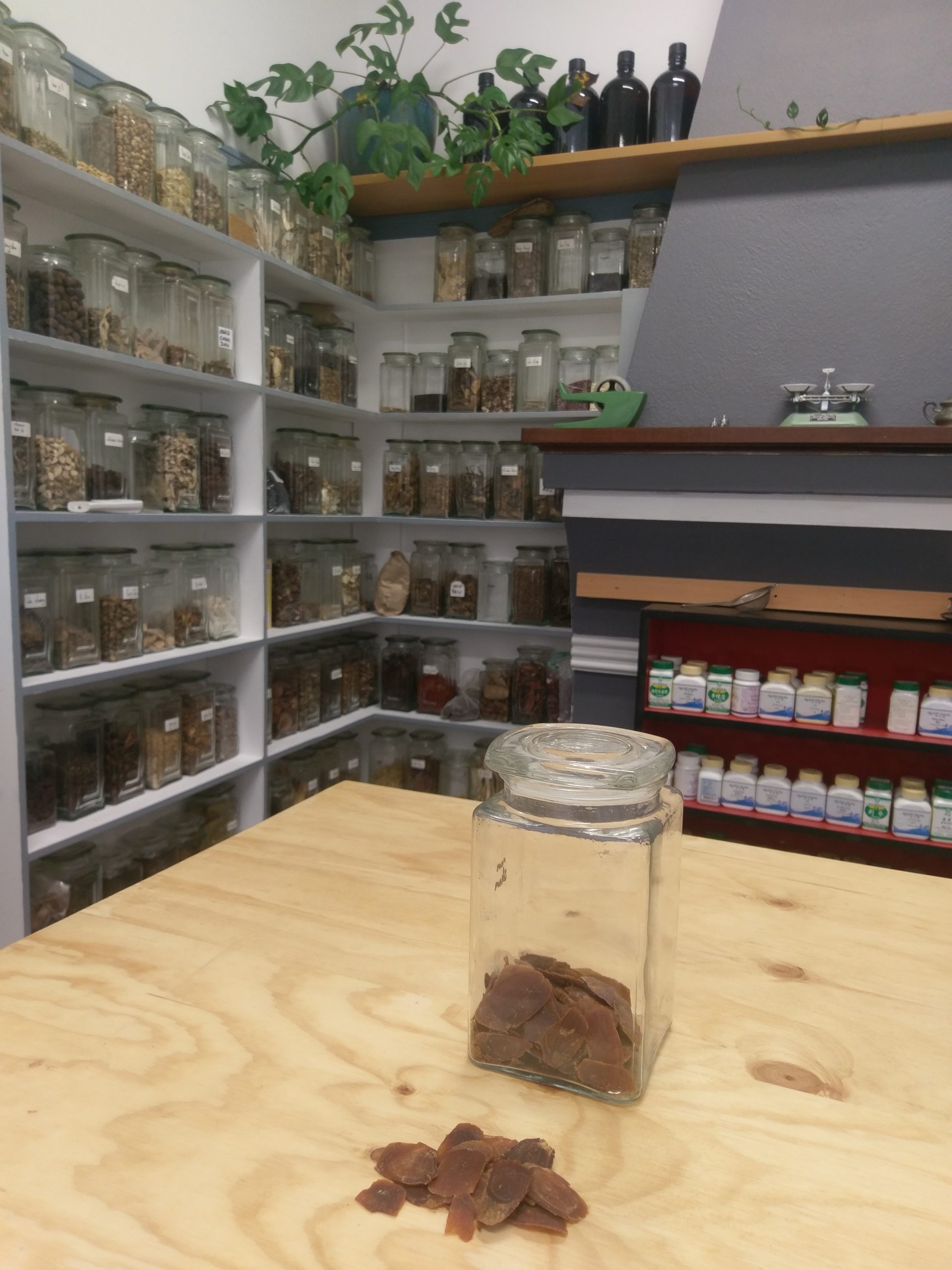Ginseng is an adoptogen. What does that mean? That it does what the person taking it needs it to do.
I had to do a bit of research because a doctor asked me it there was ginseng in a client’s medicine that could have made his blood pressure too high. It turns out that ginseng may raise blood pressure in individuals when it is too low, but reduces blood pressure when it is too high and is being investigated as a treatment for hypertension. 
Many of the herbs we use are adaptogens, but that doesn’t necessarily mean that everyone should take them. Young people with lots of exuberant natural energy (Yang) may find that ginseng may make them a bit restless or agitated, or it may effect their sleep. People who drink too much coffee will probably feel a bit edgy if they also take ginseng. And older people whose cooling receptive nourishment (Yin) has declined may find ginseng overheats them a bit.
An Osteopathy student at uni told me that his Chinese mother took so much reishi mushroom and ginseng that she got headaches and nosebleeds. Too much heat in our book. But he couldn’t convince her to take less.
- Irfan, Muhammad et al. “Adaptogenic effects of Panax ginseng on modulation of cardiovascular functions.” Journal of ginseng research vol. 44,4 (2020): 538-543. doi:10.1016/j.jgr.2020.03.001
- Kim, Jong-Hoon. “Cardiovascular Diseases and Panax ginseng: A Review on Molecular Mechanisms and Medical Applications.” Journal of ginseng research vol. 36,1 (2012): 16-26. doi:10.5142/jgr.2012.36.1.16
- Lee HW, Lim HJ, Jun JH, Choi J, Lee MS. Ginseng for Treating Hypertension: A Systematic Review and Meta-Analysis of Double Blind, Randomized, Placebo-Controlled Trials. Curr Vasc Pharmacol. 2017;15(6):549-556. doi: 10.2174/1570161115666170713092701. PMID: 28707603.